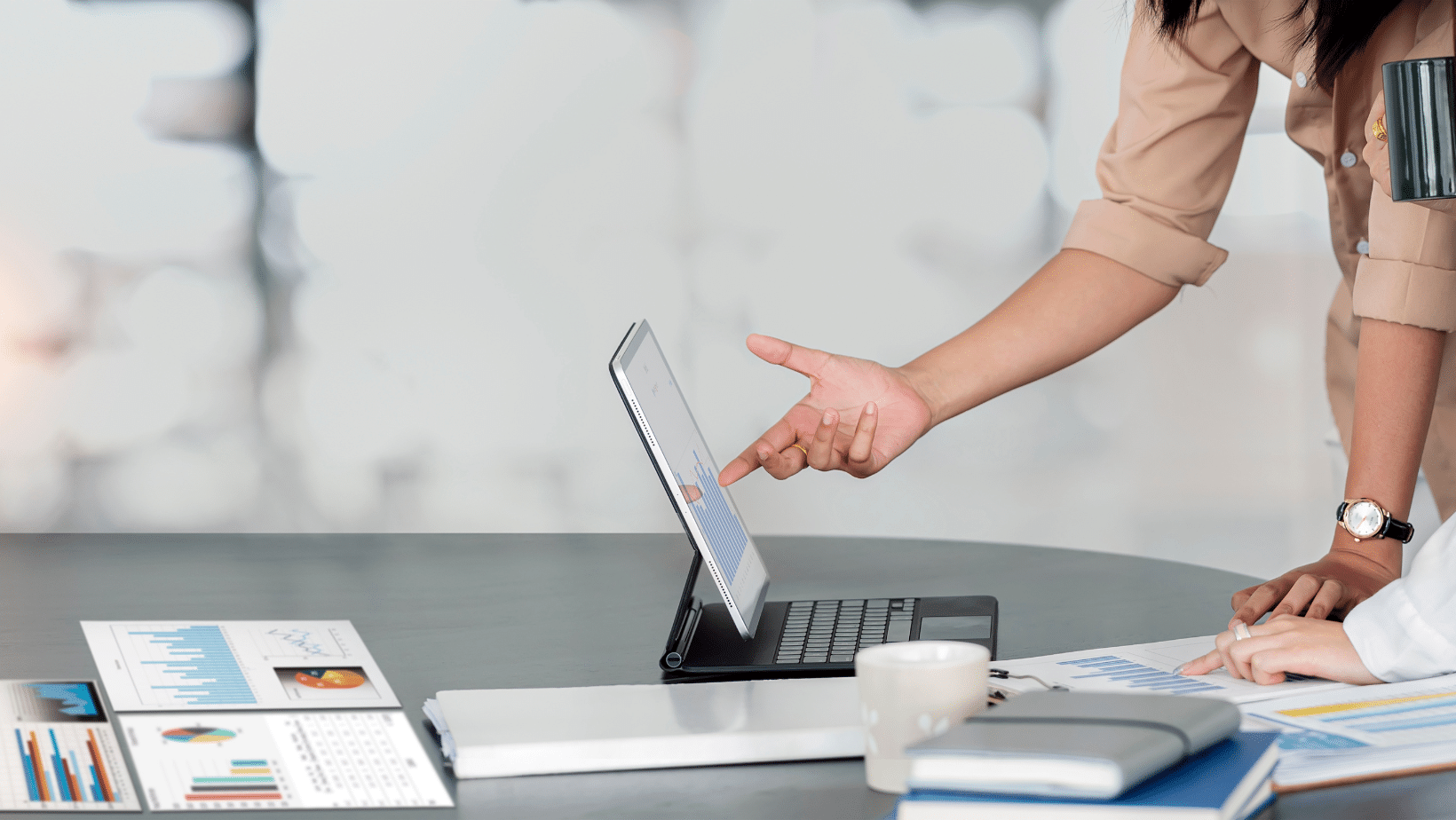What To Do With Your Stimulus Check Once You Receive It

The Coronavirus Aid, Relief, and Economic Security Act, or CARES Act was recently enacted to assist families, individuals, small business owners and medical facilities across America amidst the COVID-19 pandemic.1 As part of this legislation, many individuals and families became eligible to receive stimulus checks of up to $1,200 per person.1 Many Americans have received their checks already, while some are preparing to receive theirs shortly. If you or your household received a check, here are some things you may want to consider doing with it.
#1: Cover the Essentials
The stimulus checks are designed to help Americans who may be financially struggling due to COVID-19. Whether you’ve been furloughed, forced to reduce hours or dragging financially, you should use this money to cover any immediate, essential expenses like rent, utilities, groceries or internet.
This check should be looked at as a mini emergency fund. Look at your bills over the coming weeks and determine how you can best utilize these funds. If you’re currently receiving unemployment payments from the government, remember to account for this income when making your financial strategy as well. If you are still coming up short after the stimulus check has been used up, remember to check with companies (power companies, insurers, gyms, cable companies, etc.) regarding any relief efforts or forgiveness policies they may have enacted amidst the global pandemic.
#2: Fill Your Emergency Fund
Many adults say they don’t have enough saved to cover a $400 emergency.2 With so many people living paycheck to paycheck, this extra bump in funds could be the cushion needed to prepare for any potential financial surprises.
Even if your income remains unaffected by the pandemic or you find yourself with some additional dollars leftover, it’s never a bad idea to tuck some away for a rainy day. If you don’t have an emergency fund, saving any surplus from your stimulus check is a good way to start one. An ideal emergency fund should have three to six months’ salary to help cover unexpected expenses such as job loss, medical bills, home damage, car repairs, etc.
#3: Address High-Interest Debt
Total household debt in America was already quite high before the pandemic hit. Now, overall American debt is soaring. While some of these debts include lower-interest debts like auto loans or student loans, an extremely large portion of the overall amount is attributed to credit card debt.3
If you’re currently facing any amount of high-interest debt, such as credit cards or personal loans, paying this down should be a top financial priority. If your current financial situation allows it, use your stimulus check to make a dent in (or pay off completely) any high-interest debt your family may have.
#4: Support Local Businesses
It is extremely important to patronize local shops in your community if you are able to. Whether you order food from a local restaurant, purchase gift cards from your favorite boutique or frequent your local coffee shop or bakery for take-out, small business owners have been some of the hardest hit during these times. Many of these small businesses don’t have the backing of a larger corporation or franchise and are experiencing a severe drop in revenue that could jeopardize their ability to stay open after the pandemic. Your patronage could make a big difference in their ability to continue operation.
#5: Donate It
If you are fortunate enough to be financially comfortable during the COVID-19 pandemic, you may want to consider giving to those most affected – medical facilities, food banks, shelters, etc. The devastating impact of COVID-19 means assistance is needed now more than ever before.
While the ability to make physical donations (such as clothing, toys, pantry items, etc.) may be limited right now, you can still use your stimulus check to provide crucial monetary relief. You can search for charity organizations using tools such as Charity Navigator or The Better Business Bureau’s Giving Alliance or you may hear about local nonprofits that are in need through social media or word of mouth.
#6: Fund Your Future Retirement
Even if you are far off from retirement, putting any excess income into a retirement savings account can be a rewarding move. You may consider using your stimulus check to pad your IRA or 401(k) if you are able. The power of compounding interest means that $1,200 could turn into a couple thousand or more by the time retirement rolls around.
In these unprecedented times, many of us are left wondering what the best next move is when it comes to our stimulus checks. No matter what you choose to do, remember to be intentional with these additional dollars. If you have any questions regarding how to move forward when you receive your stimulus check, please contact us. We are here to help and we are all in this together!
